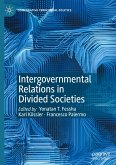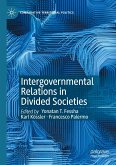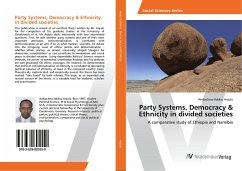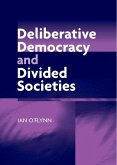This book compares models of policing in divided societies as applied in Lebanon and Northern Ireland and highlights the advantages and disadvantages of each. Comparative public opinion data from both countries are collected and analyzed. Results suggest that enhancing public confidence in Lebanese police force and strengthening positive public perception in the country's law enforcement agencies require strong communal interventions .Lessons drawn from the Northern Irish experience and analysis of Lebanese public opinion data suggest that in a post-conflict situation Community Oriented Policing (COP) needs to be combined with Problem Oriented Policing (POP) as a transitional approach that can strengthen community-police relations. This conclusion has been further confirmed by a series of interviews completed with chief police officers in both countries. The suggested recommendations should be especially helpful for police officers, politicians, government personnel or anyone else considering being a part of the reconciliation process in his country.








